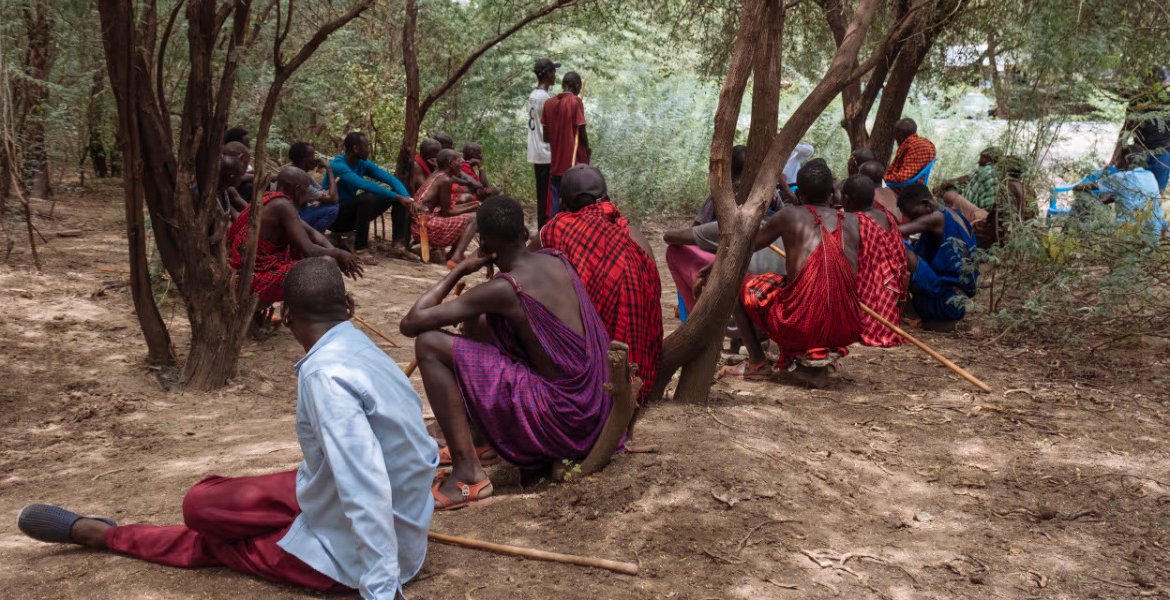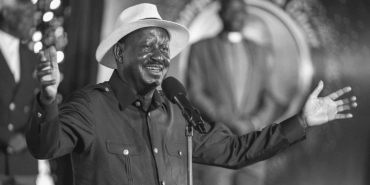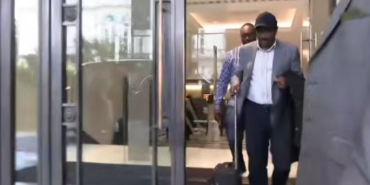Kenya’s Maasai Battle Netflix, Meta in Court Over Disputed Carbon Credit Project

A legal battle has erupted between the Maasai community in Kenya and tech giants Netflix and Meta over the contentious Northern Kenya Rangelands Carbon Project, jeopardising the validity of carbon credits purchased by these corporations.
The dispute, currently before the Kenyan courts, centres on a 2012 agreement granting access to 4.7 million acres of Maasai land for carbon sequestration. The initiative, intended to combat climate change by trapping carbon in grassland soil, has faced fierce opposition from local herders who claim the project's restrictions infringe upon their traditional grazing practices. The core of the conflict lies in the land-use policies imposed by the project, which conservationists maintain are essential to maximise carbon sequestration.
These policies require herders to rotate livestock grazing, allowing grasses to recover, a practice the Maasai argue disrupts centuries-old cultural traditions. Maasai representatives contend they were misled about the implications of the agreement, particularly regarding the limitations on grazing land. Compounding the issue, Verra, the organisation responsible for certifying carbon credit projects, has suspended the Northern Kenya Rangelands Carbon Project for a second time.
The latest suspension follows a Kenyan court ruling that deemed the establishment of two major conservancies involved in the project, including Biliqo Bulesa, unconstitutional. Biliqo Bulesa alone contributes around 20 per cent of the carbon credits generated by the project, raising concerns about the legitimacy of credits already sold to companies like Netflix and Meta.
The suspension and the court rulings threaten to invalidate a significant portion of carbon credits sold under the project, casting doubt on the environmental offsets claimed by the involved corporations. Launched in 2012, the Northern Kenya Rangelands Carbon Project promised the Maasai community a share of the revenue generated from the sale of carbon credits to corporations seeking to offset their carbon emissions. However, the promises were not kept.
The initiative was intended to utilise traditional grasslands to trap carbon in the soil. Corporations can buy the credits that it generate to offset their emissions, with Netflix and Meta among the buyers. Critics argue that the project prioritises commercial carbon revenue over the rights of indigenous communities. Caroline Pearce, a vocal opponent of the scheme, has called for its complete dismantling. She argues that recognising the land rights of the Maasai, Borana, Samburu, and other affected communities is the most effective way to protect East Africa’s grasslands.
The Maasai community has taken legal action, alleging they were misled about the project's terms and the restrictions placed on their grazing lands. This legal challenge has broader implications for international climate finance and indigenous land rights, and is shaping up to be a landmark case. This controversy underscores the ethical complexities of carbon credit schemes, particularly when they involve indigenous communities whose livelihoods are intrinsically linked to the land.








Add new comment